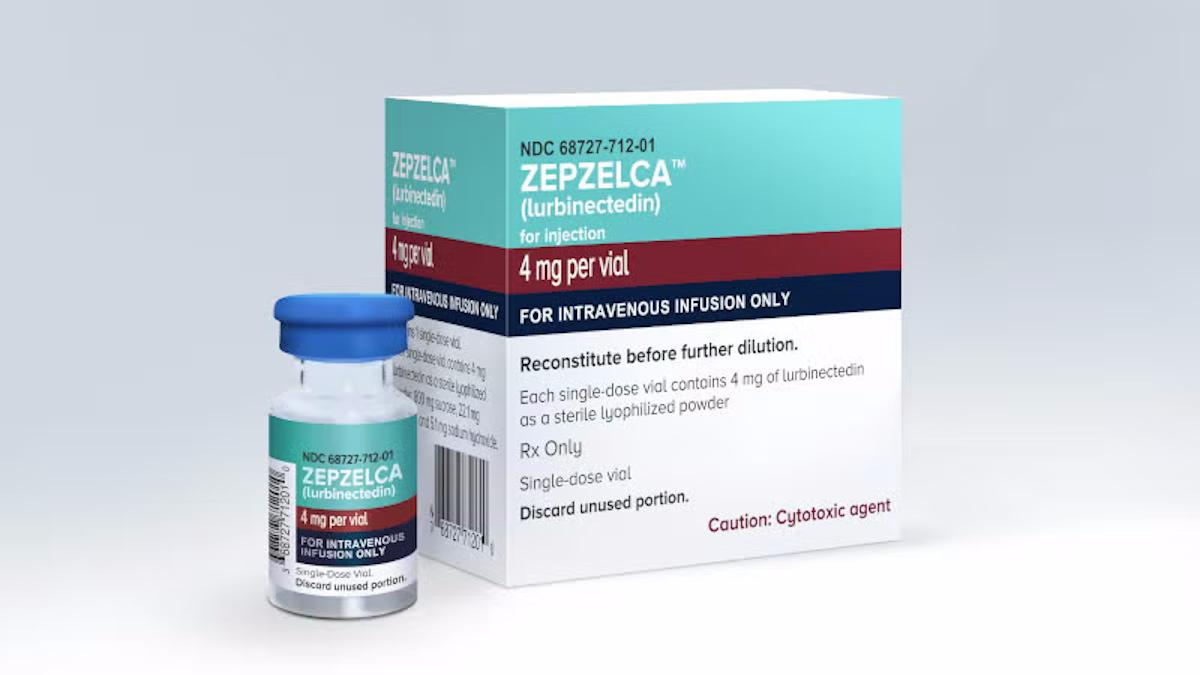Henlius claims win for PD-1 drug in small cell lung cancer

China's Shanghai Henlius Biotech says its experimental PD-1 inhibitor serplulimab has extended survival when added to chemotherapy in a phase 3 trial as first-line therapy for extensive stage small cell lung cancer (ES-SCLC), setting up regulatory filings.
The trial compared serplulimab (formerly HLX10) plus carboplatin and etoposide chemotherapy in previously untreated patients with ES-SCLC, and showed a higher overall survival than chemo alone, according to the company.
Henlius says it will now be able to move ahead with applications to market the PD-1 drug around the world in order to make it available to patients "as soon as possible."
If approved, serplulimab would be the first PD-1 inhibitor for ES-SCLC, said Henlius, although the drug would launch into a category in which PD-L1 inhibitors from AstraZeneca and Roche are already approved.
Roche's Tecentriq (atezolizumab) has been approved for first-line treatment of ES-SCLC in combination with carboplatin and etoposide since 2019 and – last year - AZ's Imfinzi (durvalumab) was cleared for the same patient group in combination with etoposide and either cisplatin or carboplatin.
With only the top-line result of the trial available, it remains to be seen how serplulimab stacks up against Imfinzi and Tecentriq, which showed their mettle in ES-SCLC in the CASPIAN and IMpower 132 trials, respectively.
The two PD-L1 agents extended by up to two to three months when added to chemotherapy, making the combinations a new standard for previously-untreated ES-SCLC after decades of stagnation – but still allowing plenty of room for improvement.
It's worth noting also that other PD-1 inhibitors have had trouble showing efficacy in ES-SCC, including Merck & Co's Keytruda (pembrolizumab) and Bristol-Myers Squibb's Opdivo (nivolumab) which both had conditional approvals in the disease withdrawn earlier this year after failing confirmatory studies.
While serplulimab won't be treading wholly new territory for cancer immunotherapy, the phase 3 readout in a study of almost 600 patients is another signpost marking the advancement of China's biotech sector in the development of home-grown new molecular entities.
The PD-1 inhibitor has already been submitted for approval in China as a treatment for high microsatellite instability (MSI-H) tumours, and Henlius has 10 clinical trials on the go for serplulimab either alone or in combination with other drugs in a range of other cancer types.













